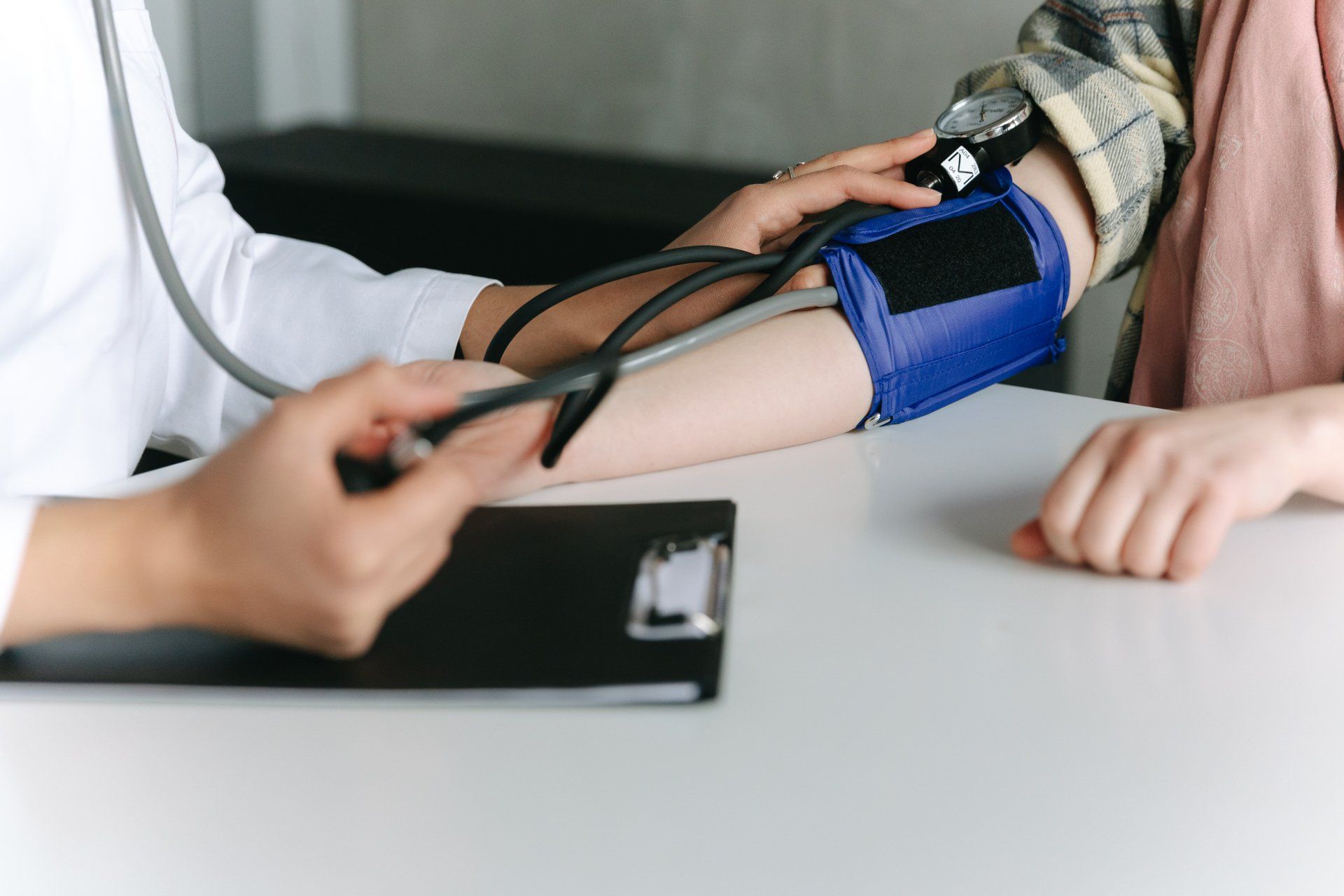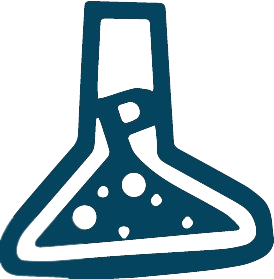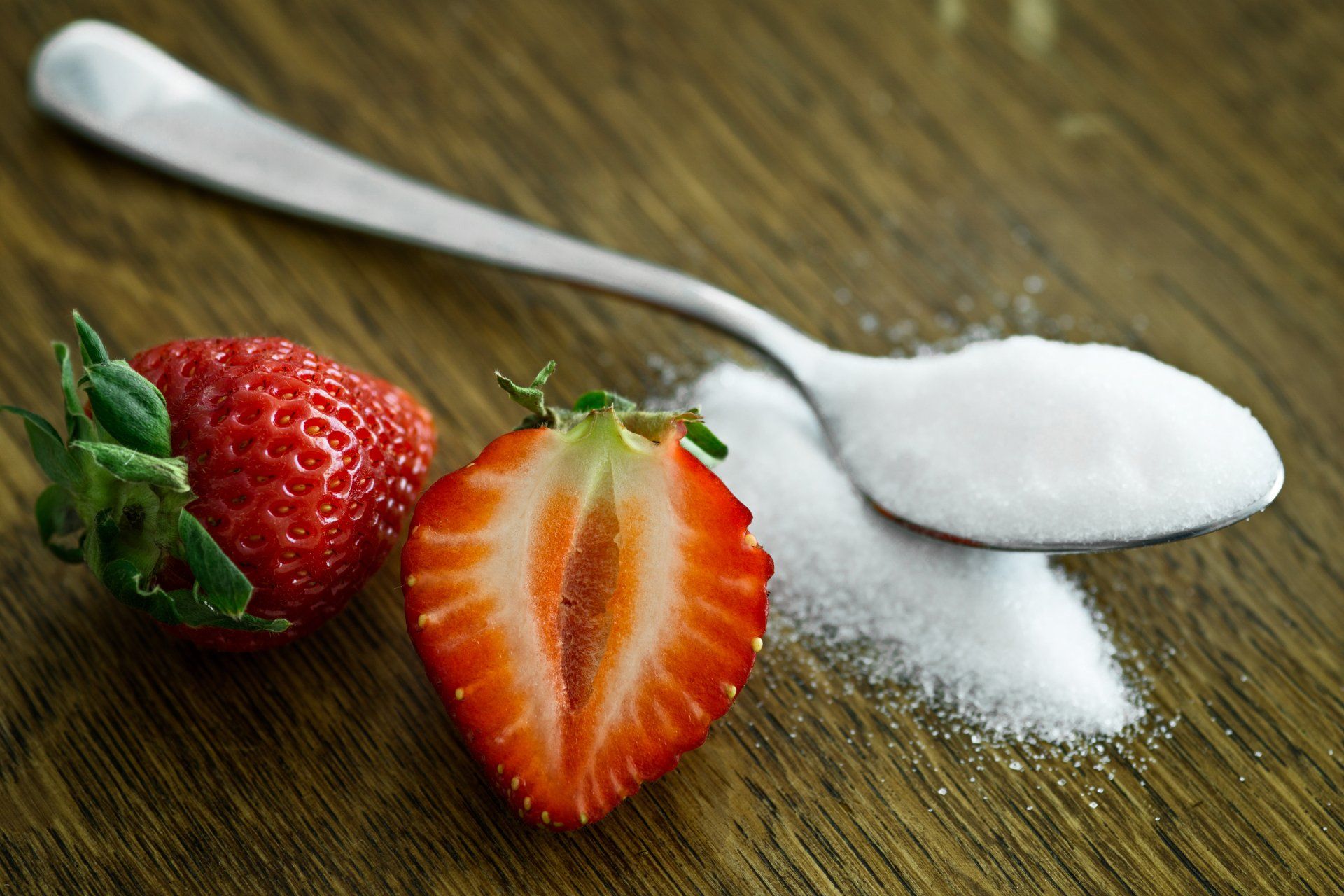Understanding Bloating: Causes, Symptoms, and Remedies
Understanding Bloating: Causes, Symptoms, and Remedies
By: Auburn Johnson MSc
Bloating is a common and uncomfortable sensation that many people experience at some point in their lives. It is characterized by a feeling of fullness, tightness, and distension in the abdominal area. While occasional bloating is normal, persistent or severe bloating may be a sign of an underlying issue. In this article, we will explore the causes, symptoms, and remedies for bloating to help you better understand and manage this common digestive concern.
Causes of Bloating:
1. Gas Accumulation: One of the primary causes of bloating is the accumulation of gas in the digestive system. This can happen when the body struggles to break down certain foods, leading to the production of excess gas in the intestines.
2. Digestive Disorders: Conditions such as irritable bowel syndrome (IBS), inflammatory bowel disease (IBD), and celiac disease can contribute to chronic bloating. These disorders affect the normal functioning of the digestive system, leading to discomfort and distension.
3. Overeating: Consuming large meals or eating too quickly can overload the digestive system, causing bloating. When the stomach is stretched beyond its normal capacity, it can result in a feeling of fullness and tightness.
4. Food Intolerances: Some individuals may experience bloating due to specific food intolerances, such as lactose or gluten intolerance. In these cases, the body has difficulty digesting certain substances, leading to gas production and bloating.
5. Swallowing Air: Individuals who habitually swallow air, whether through talking while eating, drinking through straws, or chewing gum, may experience bloating as the swallowed air accumulates in the digestive tract.
Symptoms of Bloating:
1. Abdominal Discomfort: Bloating is often accompanied by discomfort or a feeling of tightness in the abdominal area. This discomfort may range from mild to severe.
2. Excessive Gas: Increased flatulence or belching is a common symptom of bloating. The body tries to release excess gas, leading to audible or odorless gas expulsion.
3. Changes in Bowel Habits: Bloating can be associated with changes in bowel habits, such as diarrhea or constipation. In some cases, individuals may alternate between the two.
4. Visible Distension: In severe cases, the abdomen may visibly distend, causing physical changes in the appearance of the stomach area.
Remedies for Bloating:
1. Dietary Changes: Adjusting your diet can be an effective way to reduce bloating. Avoiding gas-producing foods like beans, broccoli, and carbonated beverages, and incorporating more fiber-rich foods can help regulate digestion.
2. Hydration: Staying adequately hydrated is crucial for proper digestion. Drinking enough water helps soften stool and aids in the movement of food through the digestive tract.
3. Probiotics: Probiotics, found in certain foods or supplements, promote the growth of beneficial gut bacteria, aiding in digestion and reducing bloating.
4. Mindful Eating: Eating slowly and chewing food thoroughly can prevent the swallowing of excess air and reduce the risk of bloating associated with overeating.
5. Exercise: Regular physical activity helps stimulate bowel movements and can alleviate bloating. Simple exercises like walking or yoga can be beneficial.
While bloating is a common and often harmless occurrence, persistent or severe symptoms should be discussed with your doctor. Understanding the causes and adopting healthy lifestyle habits can go a long way in managing and preventing bloating, promoting overall digestive health and well-being.












